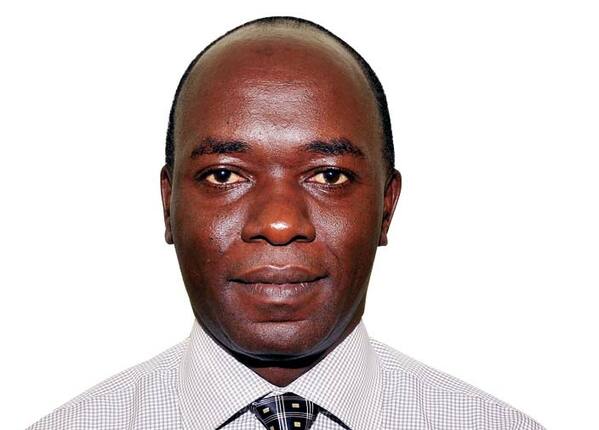Will urban centres be more welcoming after lockdown?
Have handwashing points been erected so that handwashing continues? How will public transport terminals be managed to avert congestion?

By David Mukholi
As prospects of lifting the lockdown improve with improving performance in containing the spread of COVID-19, inevitably imaginations about what to expect are running high.
It has been about five weeks since people started staying home. With the ban on public and private transport and closure of businesses and several workplaces, they have had no reason and means to go to towns. So, they neither know what the towns where they work look like in their absence nor the towns' state during the lockdown.
The towns are desolate. Kampala, which usually teems with life and is congested and noisy, is now like an abandoned village, with isolated activities in markets and supermarkets.
Traffic is light so the usual jam is not there. Only a few cars and bodabodas are plying the quiet streets.
The temporary tranquil will certainly come to an end when the lockdown is called off. The unlocking will be gradual over several weeks to avert the danger of people haphazardly rushing back into the urban centres.
It is a fact that people are anxiously waiting to get back to work, which makes sense. But the question is how prepared is Kampala and other towns to welcome them and their businesses back?
Just as it is important for people to get back to work, the state in which they find the city and towns and how to behave when they resume work is crucial.
During the lockdown, urban authorities have the opportunity to put several things right to mark the beginning of a new era where hygiene is key. So, will Kampala and other towns be ready for the return of the people after the lockdown? Have the streets and buildings been disinfected?
Have handwashing points been erected so that handwashing continues? How will public transport terminals be managed to avert congestion?
Immediately after Entebbe International Airport was closed, the Uganda Civil Aviation Authority (CAA) announced it was taking advantage of the shutdown to continue with the airport expansion works. With the drop in air traffic work would go on uninterrupted and faster.
CAA also embarked on disinfecting the airport and general cleaning. Such activities are intended to reassure future passengers and staff that their health is being taken seriously. For one to have full confidence in the airport it is one thing to be seen on camera cleaning and another to have a plan that is adhered to.
Is Kampala Capital City Authority (KCCA) emulating CAA? Will the people find the city cleaner when they return? A capital city is expected to set an example for towns in the country, including the seven that will soon become cities. What has been done during the lockdown that will ensure health safety and avert congestions after the lockdown?
Is there any cleaning and disinfecting going on in Kampala and any other town in the country? Are authorities putting right what was wrong? Take for instance the old taxi park in Kampala, photos of it empty during the lockdown are shocking.
Not because of it being empty but its resemblance to a pigsty. The rutty surface was concealed by the presence of so many taxis and its true state was never visible. Now without cars, a prominent eyesore in the heart of the Kampala has been revealed.
Will Kampalans return to the same taxi park? A section of it has a clatter of tin set-ups incongruent with the structures of a capital city. Among them are metallic kiosks and broken wooden stalls surrounding the park contributing to the mess. The same scenes are found across the country with Jinja, Mbale and Arua as front runners. Will it be business as usual when the lockdown ends?
Roads and walkways show how dirty Kampala and other towns in Uganda are. The dust that has settled on them has turned them brown.
Without a caption, one can tell Ugandans towns by the dust on the road shoulders.
Previously it was believed the dust was unintentionally ferried by cars that drive into Kampala and towns on the surrounding murram roads.
This has been proved wrong because even with few cars, roads in Kampala and other towns are still dusty. Are there any plans to begin washing roads as a means of ridding them of dust?
At least during the lockdown, air quality of Kampala and other town has improved. But this will not continue when cars and factories resume operating. Will Kampala and other towns eliminate dust from the equation of pollutants by the time the lockdown is called off?
In the post-lockdown era people will be uncomfortable being near anyone who coughs, sneezes or has flu. Yet the three conditions are common in the dusty environment existing in Kampala and other towns.
Will the urban centres guide people on how to safely cough and sneeze? Will littering and spitting in public be heavily punished?
Will it be safer staying at home?
Twitter: @dmukholi1